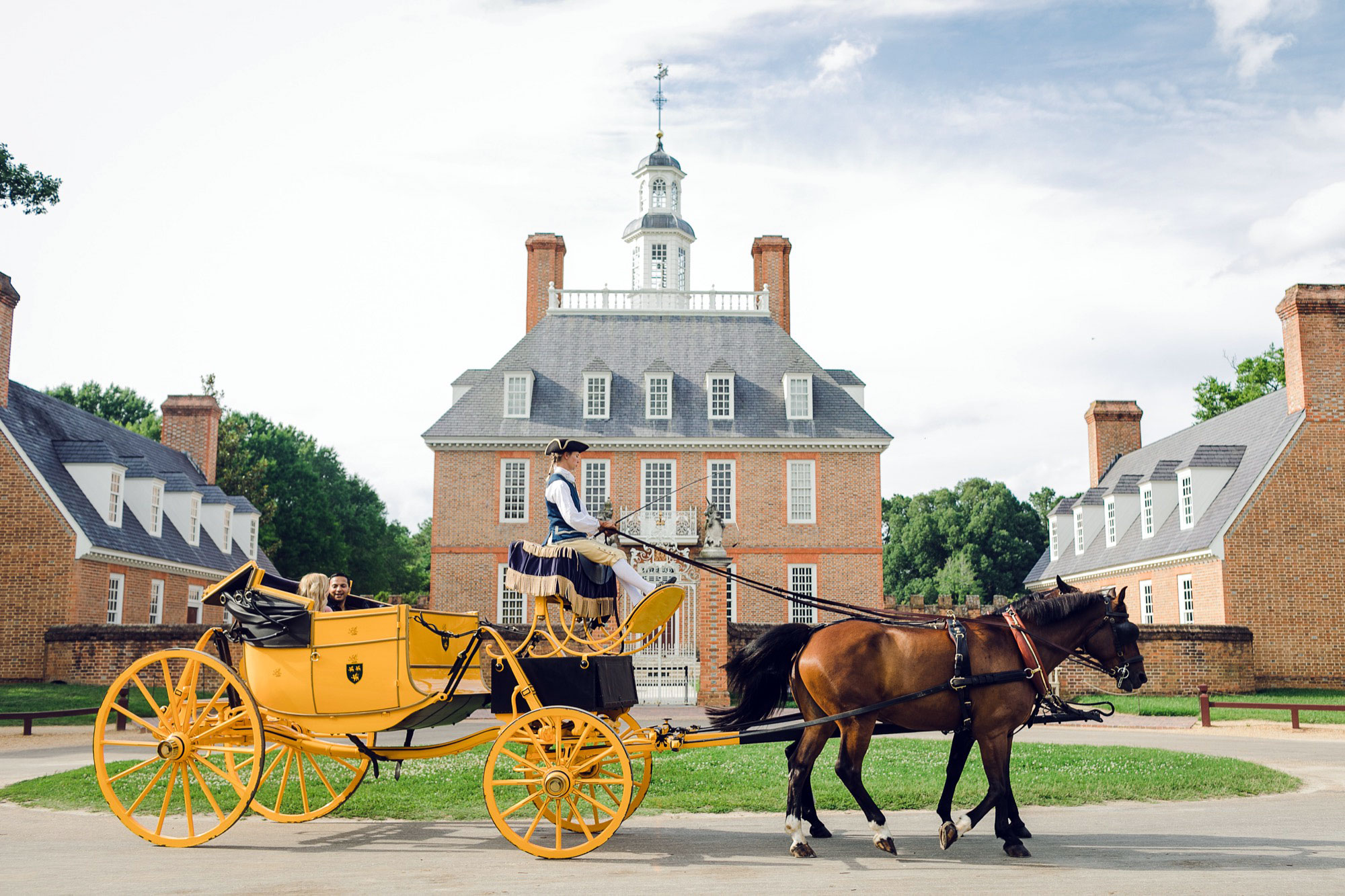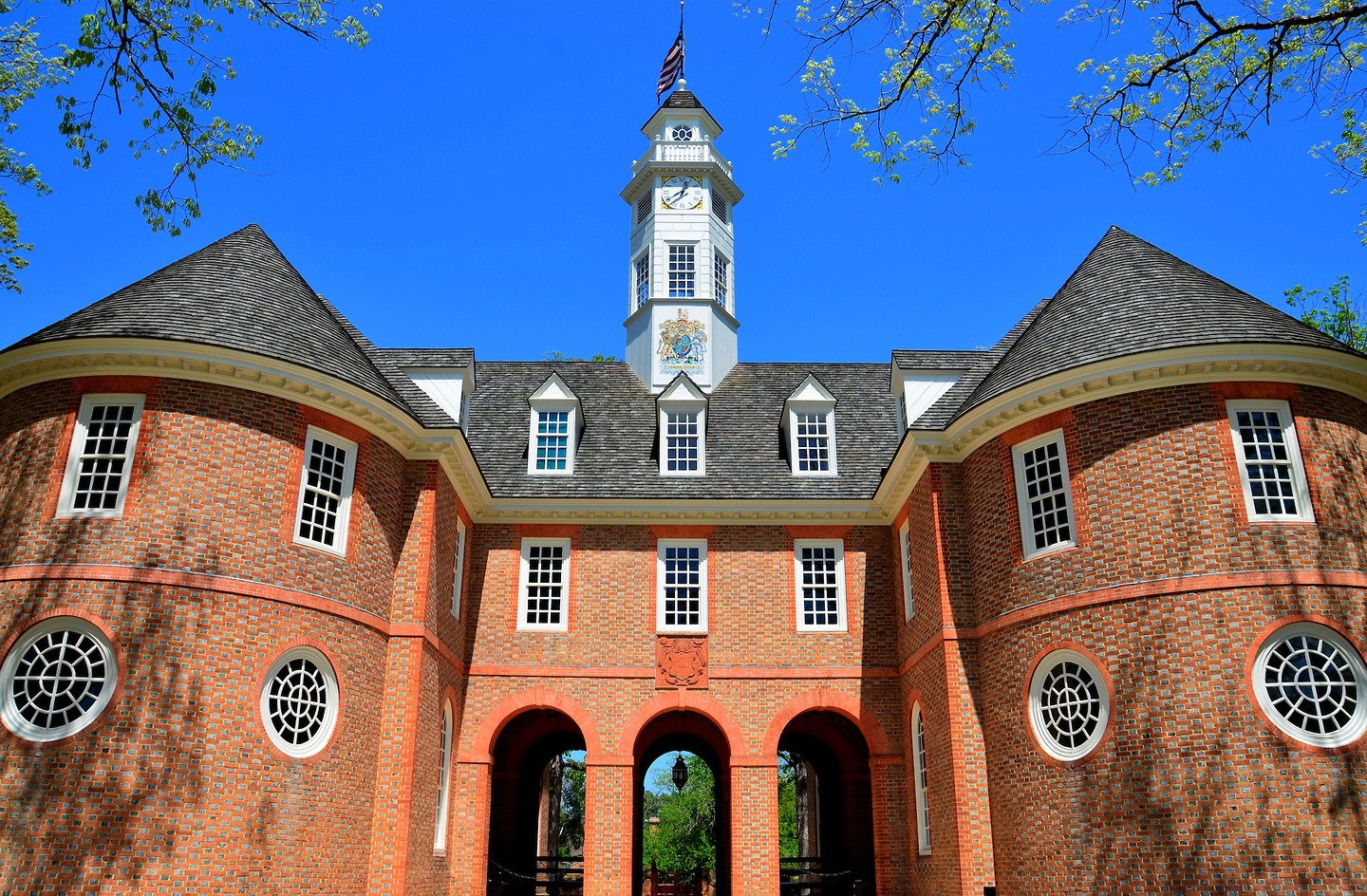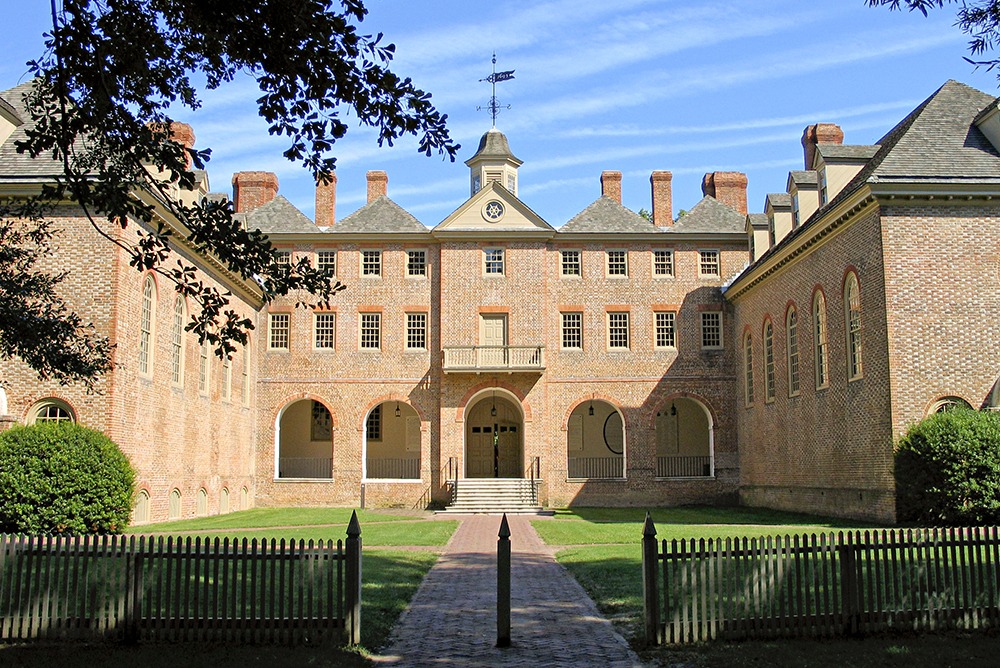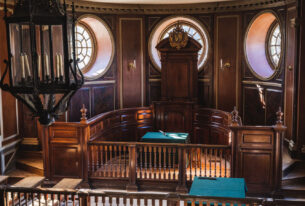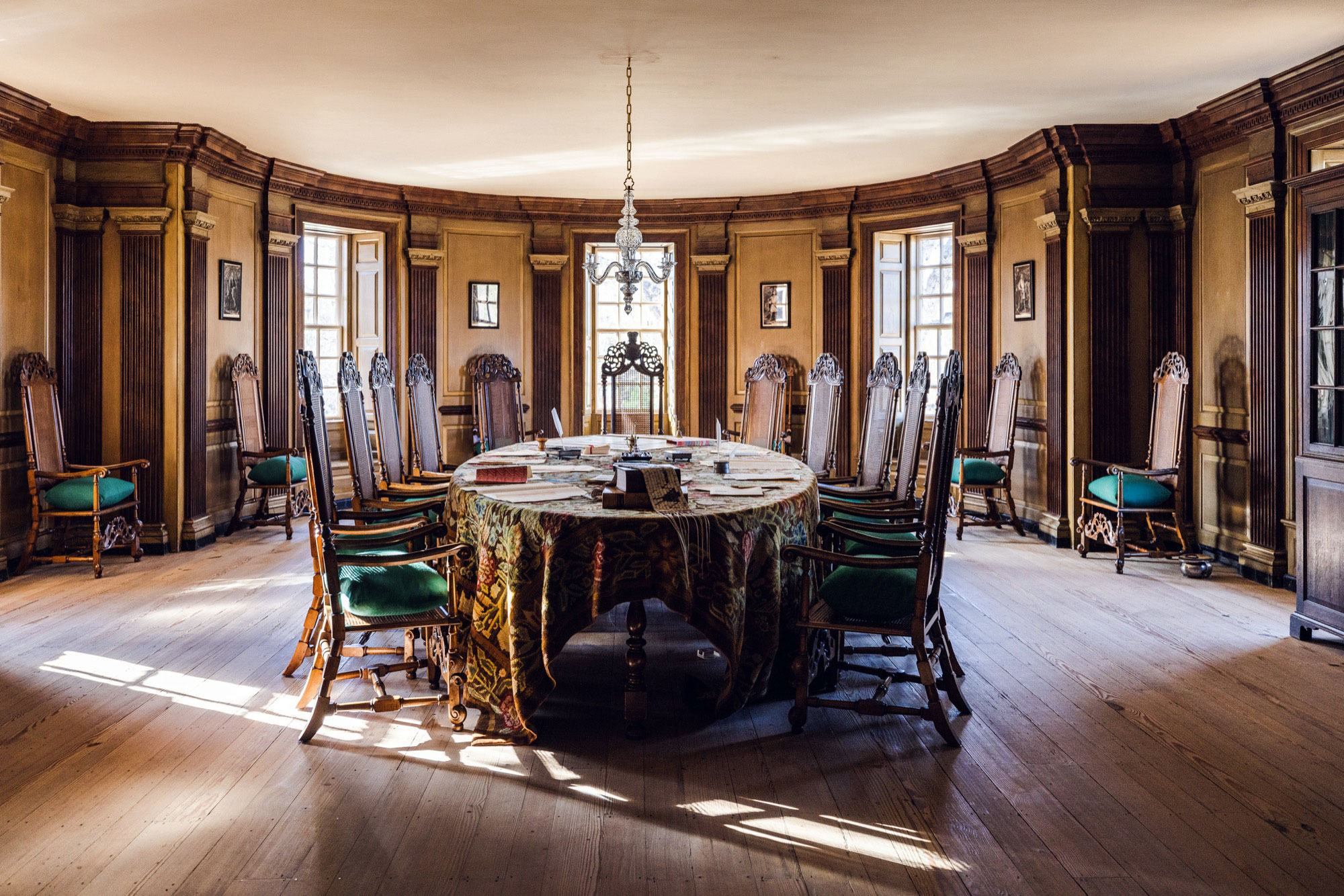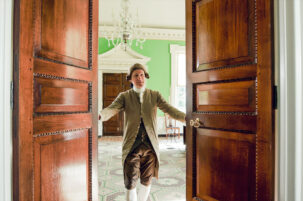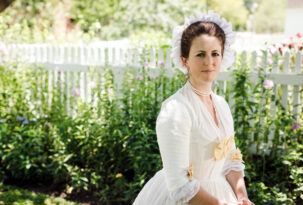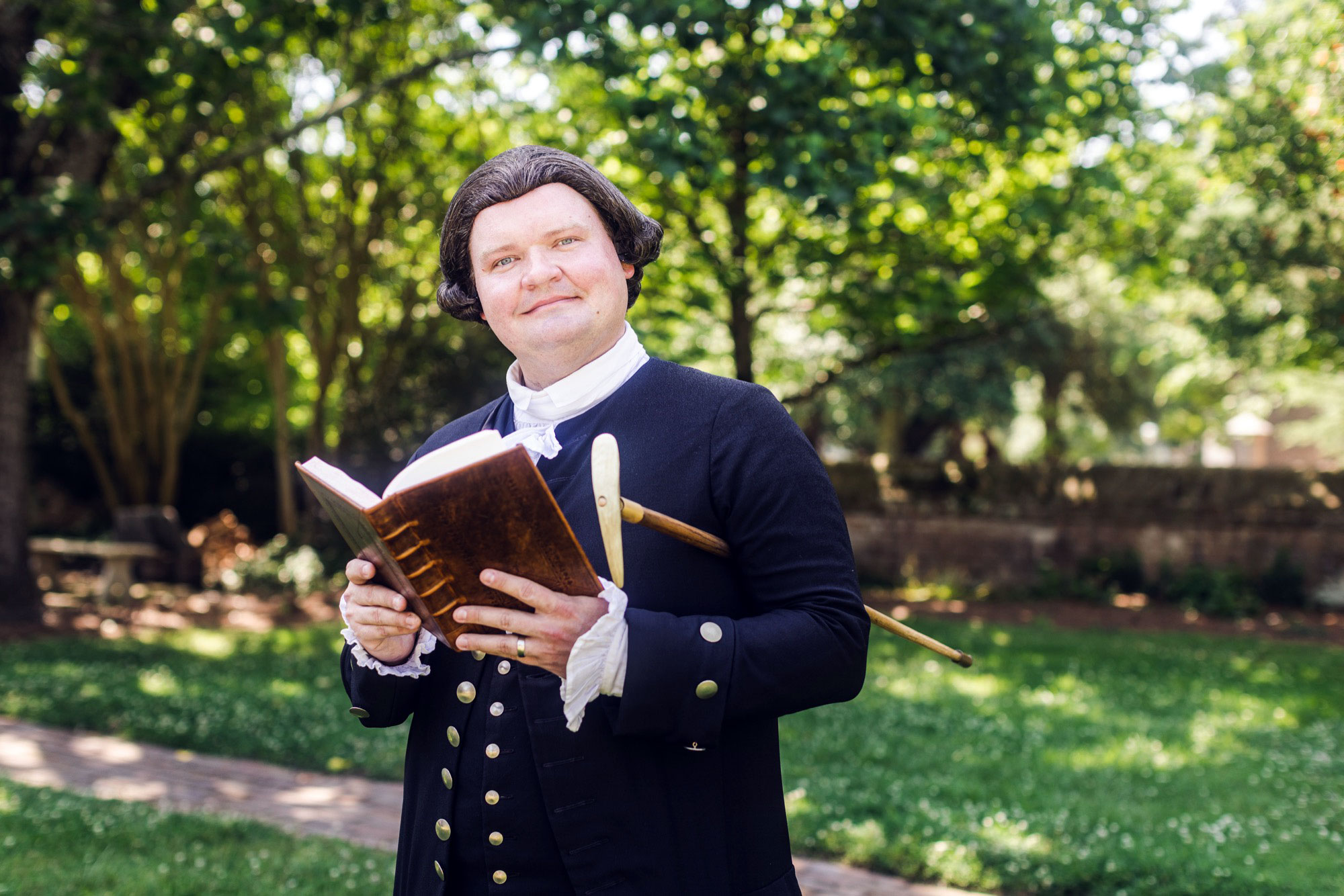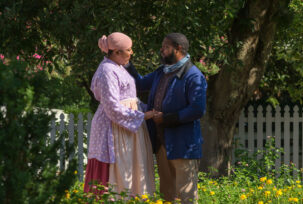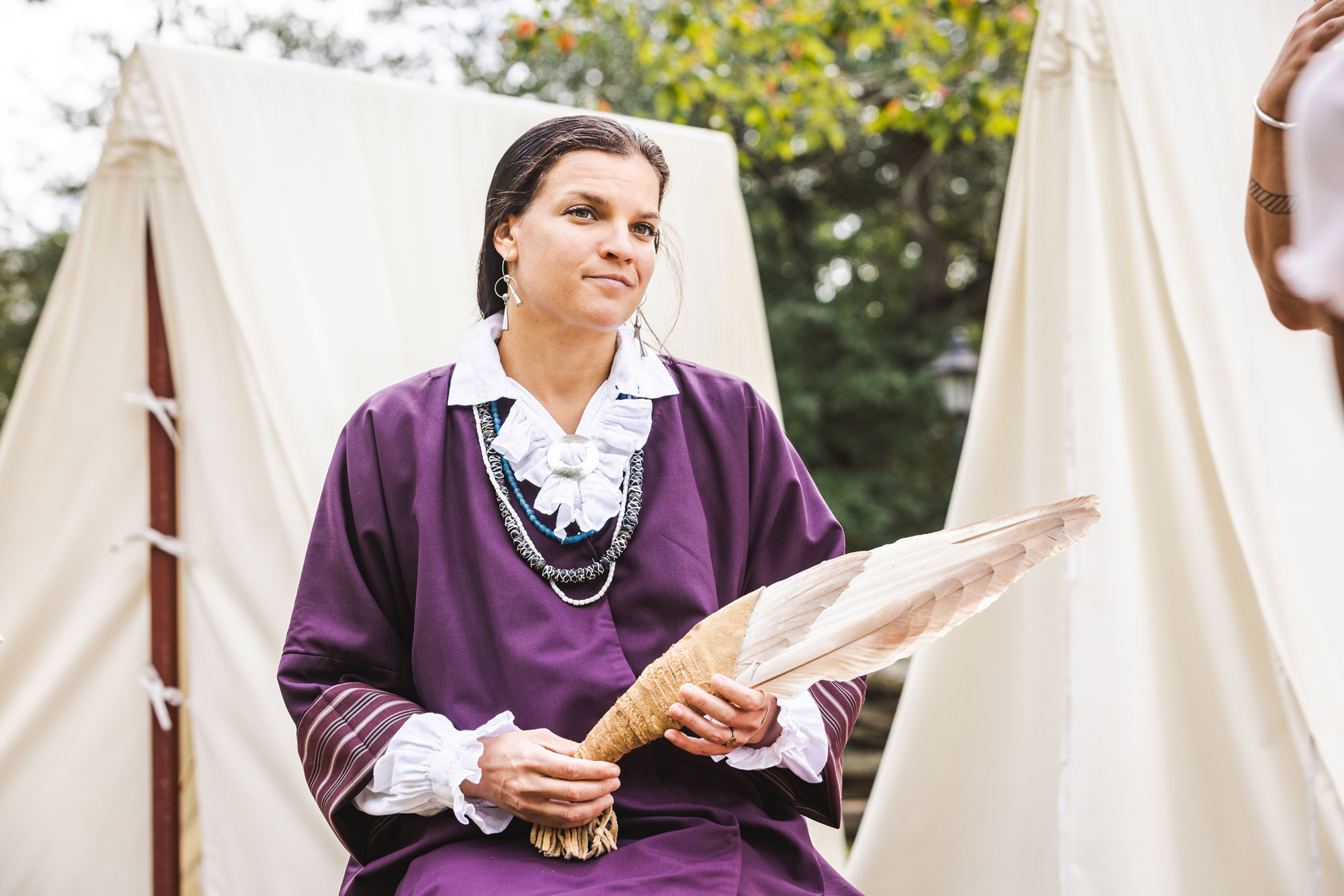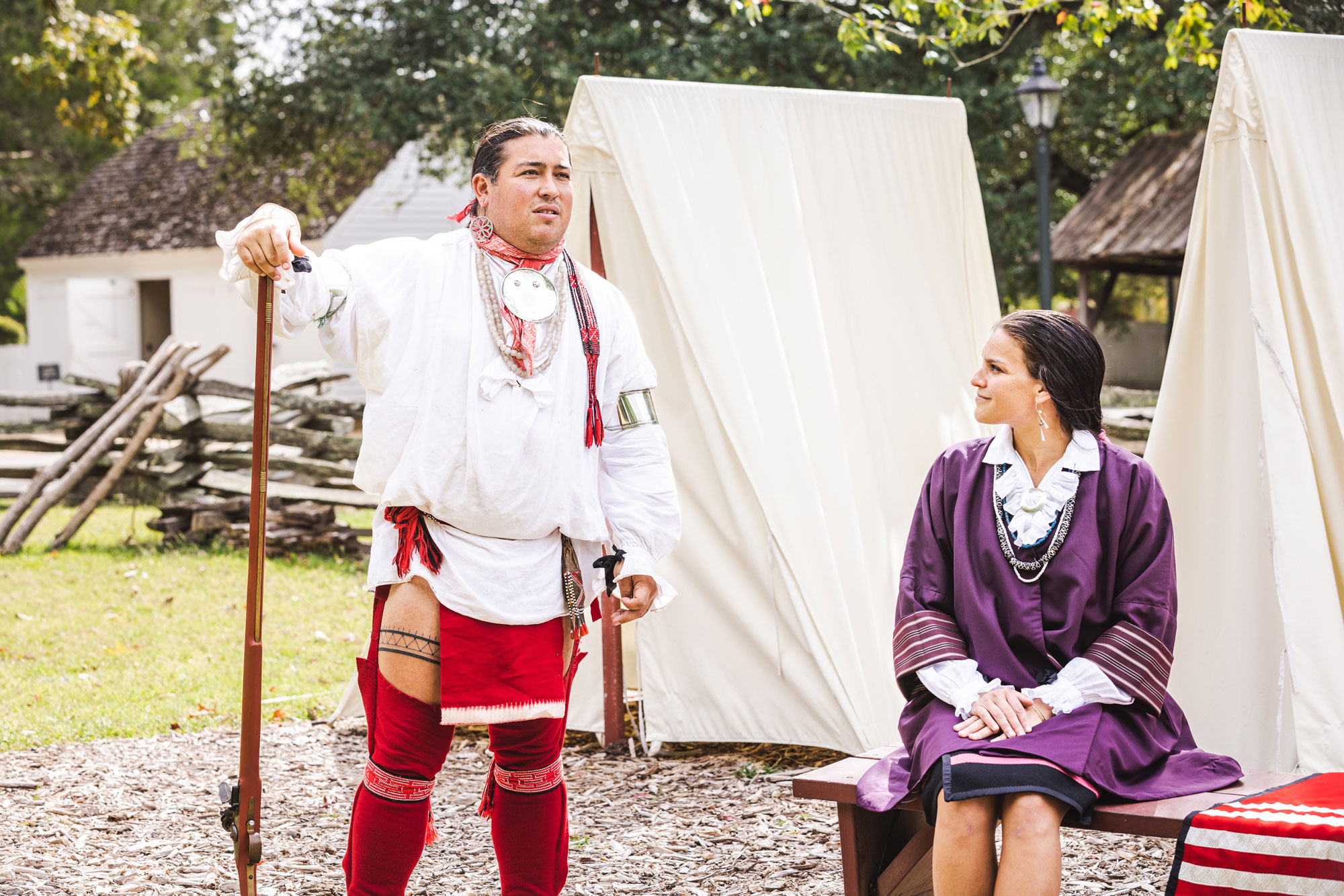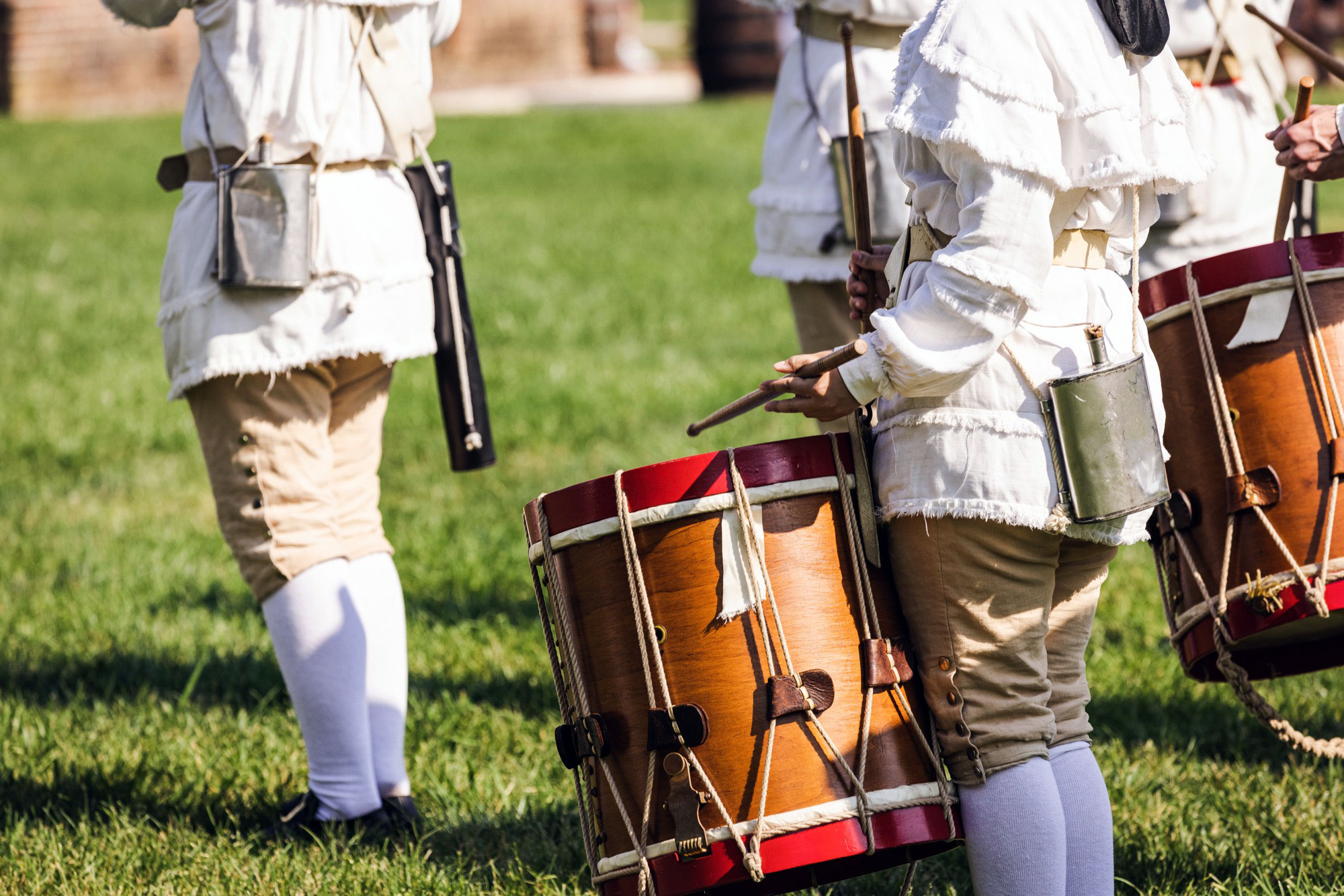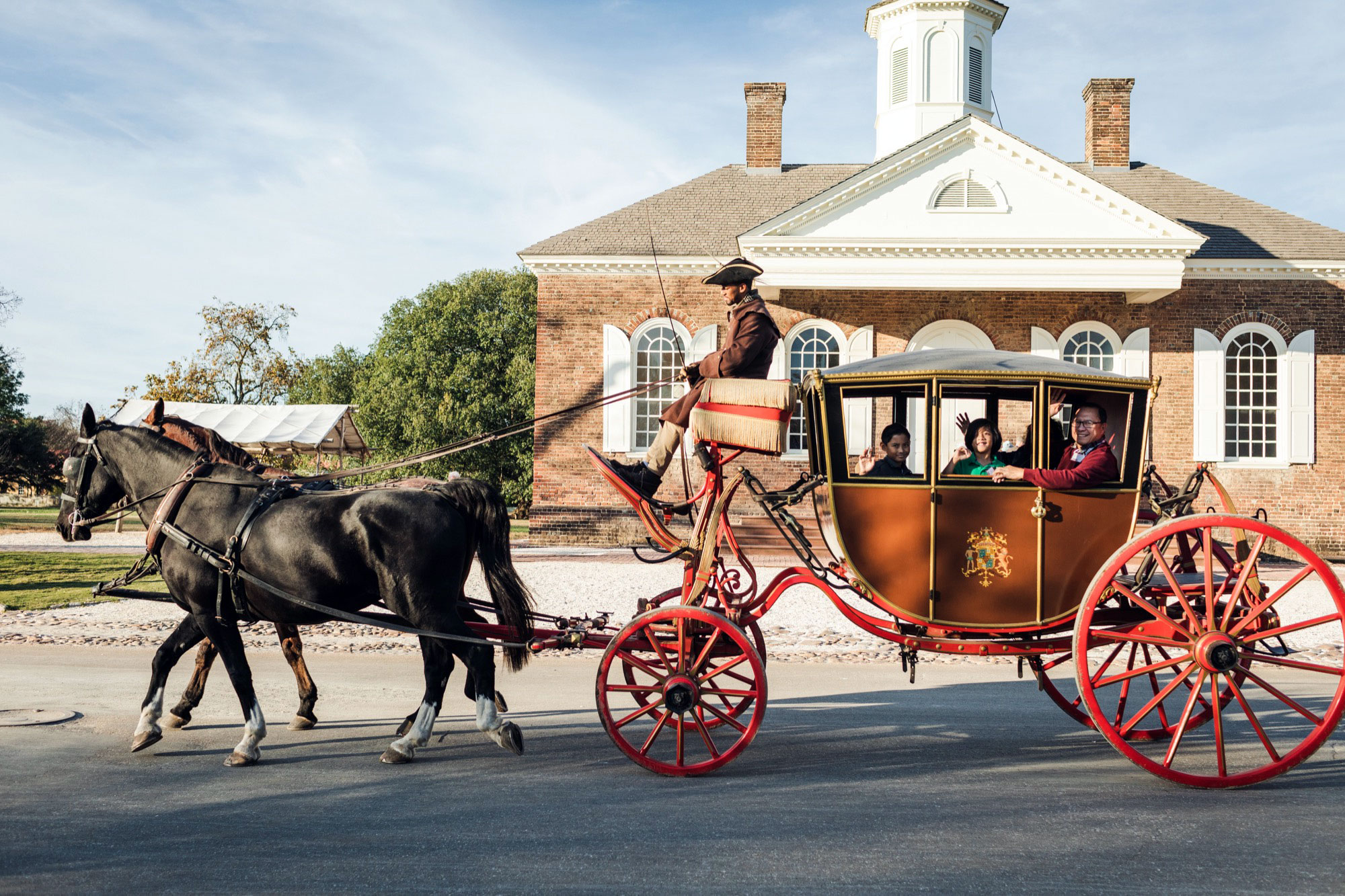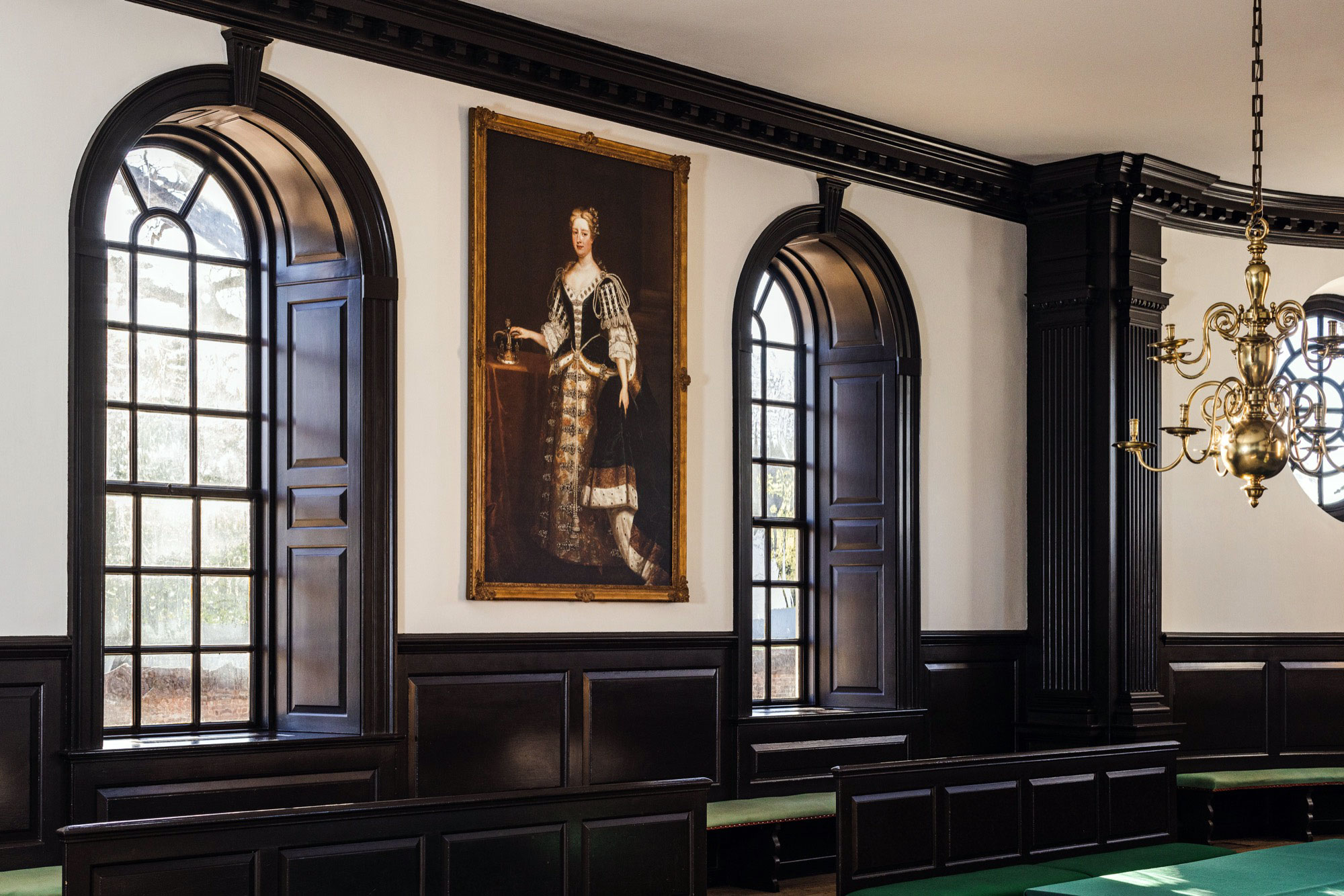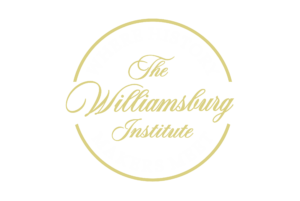Living Classroom
Colonial Williamsburg and William & Mary serve as vibrant epicenters of living history—where the past comes alive with purpose. Far beyond the bounds of traditional classroom learning, the Institute’s immersive programs place participants in the heart of historic settings, engaging directly with performance historians who portray the influential figures of America’s founding. These experiences unfold in the very places where the nation’s defining debates and decisions took shape. It’s more than education—it’s a powerful journey through history that enlightens the present and inspires a more thoughtful, sustainable future.
WHY?
Williamsburg:
The Place
As the colonial capital of Virginia, Williamsburg played a pivotal role in the events leading up to the American Revolution. By exploring the historical context and transformative moments that unfolded here, learners gain a deeper understanding of the enduring principles of liberty, democracy, and self-governance that form the foundation of the United States.
There is no more fitting place to explore the challenges and responsibilities of 21st-century leadership than Williamsburg—the world’s largest living history museum and the cradle of American representative government. Here, authenticity, insight, and inspiration converge. Be transformed by the “power of place” through immersive learning experiences rooted in the storied streets of Colonial Williamsburg and the historic campus of William & Mary.
Experience the power of place!
Williamsburg:
The People
Williamsburg was home to influential figures such as Thomas Jefferson, Ann Wager, James Madison, and Reverend Gowan Pamphlet—individuals whose lives intersected in meaningful ways. Alongside George and Martha Washington, Patrick Henry, George Wythe, James Mason, and the Marquis de Lafayette, they each—whether knowingly or not—modeled leadership within their unique spheres of influence. Together, they helped shape the foundations of a new nation, inspiring others to reflect on the future and take an active role in shaping it.
The individuals who lived and led in colonial Williamsburg played pivotal roles in forging the principles that underpin the United States. Today, you can join that ongoing conversation through immersive learning experiences with the nation’s foremost American colonial performance historians. These gifted interpreters bring history to life, teaching timeless lessons on leadership, vision, and civic responsibility. At every Williamsburg Institute program, you'll feel the power of people as you engage with history—right where it happened.
Experience transformative conversations!
Williamsburg:
The Knowledge
Williamsburg was a vibrant center of intellectual and political thought during the colonial era—a place where future founders were educated at William & Mary and where transformative ideas about individual rights, representation, and governance took root. In the heart of this historic city, spirited debates and thoughtful discussions helped shape the foundational documents of the United States, including the Declaration of Independence and the Constitution.
At the core of this nation-building process was civil discourse. It enabled individuals with diverse viewpoints to engage in meaningful dialogue, challenge one another, and ultimately forge the compromises that became the bedrock of American democracy. By exploring the ideas and values that emerged from this defining period, we gain a deeper appreciation for the principles of liberty, equality, and the rule of law. That is the power of knowledge—timeless, transformative, and essential for the future.
Experience world-class insight!
CONTACT
LEARN MORE
If you would like to be notified of learning opportunities or ways to collaborate on programs, please provide the information below:

